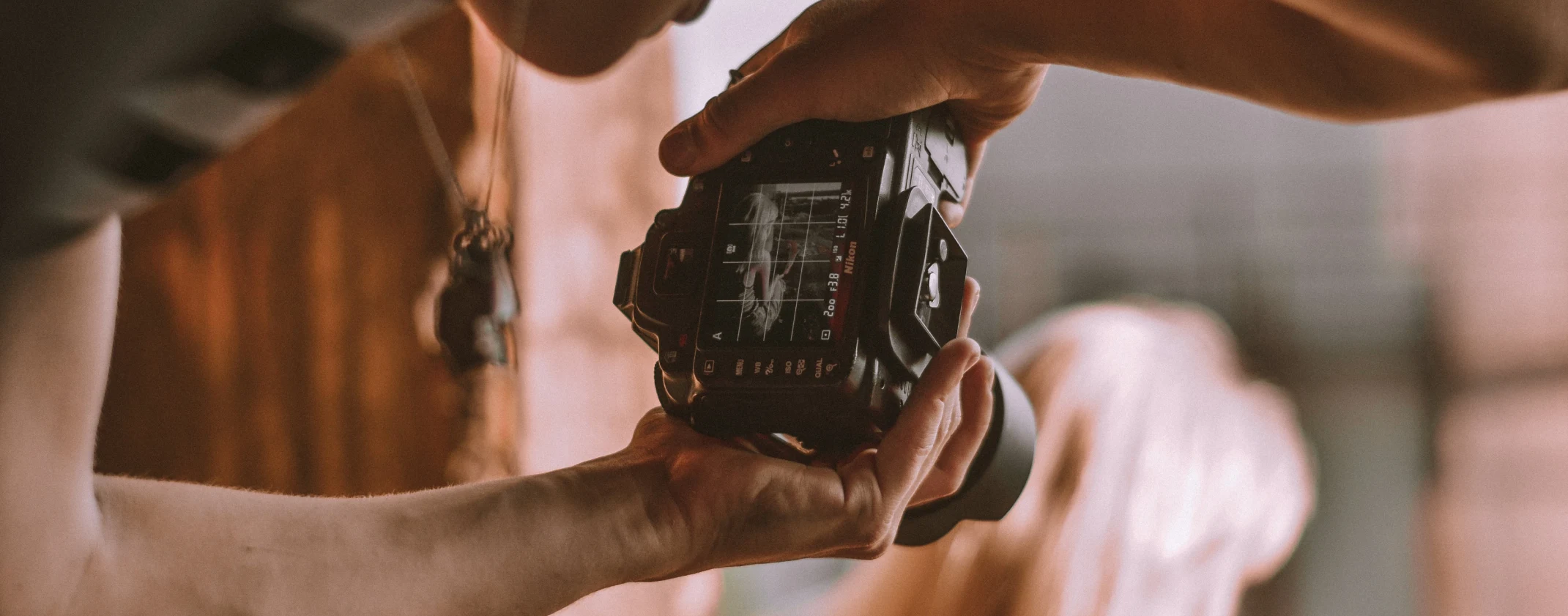As parents, we spend so much time helping our children learn about the world — how to read, how to solve problems, how to navigate friendships. But one of the most powerful things we can teach them is how to understand themselves.
That’s where self-awareness comes in.
When a child is self-aware, they can recognise their own emotions, understand what motivates them, communicate more clearly, and build stronger relationships. And the earlier they develop that skill, the more confident, resilient, and independent they become.
Psychometric tools, like Unify’s personality assessments, can play a big role in making that happen.
Self-awareness isn’t just about knowing what you’re good at — it’s about knowing:
For kids and teens, building this awareness can reduce frustration, boost confidence, and improve how they relate to parents, teachers, and friends.
Unify uses a simplified, age-appropriate version of the DISC personality model, which identifies four core styles:
When your child takes the assessment, they learn more than just a label — they learn about:
✅ Their communication style
✅ How they handle pressure or change
✅ What kind of support helps them succeed
✅ What makes them feel seen and understood
And when you understand it too, that opens the door to much more effective support at home and at school.
Let’s say your child gets overwhelmed in noisy or fast-paced situations. Without self-awareness, that might come out as a meltdown or shutdown. But with insight, they might be able to say, “I need a break” — and you’ll know exactly why.
Or maybe your teen is constantly clashing with a sibling or teacher. The DISC assessment might reveal they’re a Dominant style, trying to take charge in every situation — and what they actually need is space, not control.
These are the types of everyday shifts that reduce arguments, increase trust, and help your child take ownership of their growth.
The Unify personality assessment isn’t just a one-time thing. It gives you and your child:
For parents, it’s a roadmap to support. For kids and teens, it’s a mirror that reflects who they really are — and gives them the language to talk about it.
Raising a self-aware child doesn’t mean they’ll never struggle — it means they’ll understand why they feel what they feel, and what they can do about it. That’s a lifelong skill.


